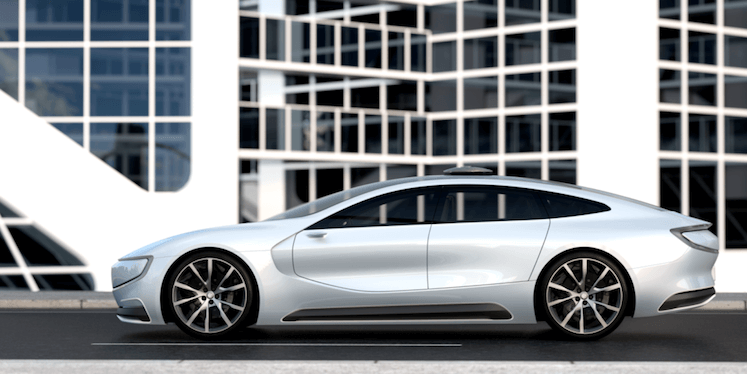LeEco announced last week a $3 billion industrial park that it plans to build in Huzhou City, Zhejiang to rival Tesla’s Gigafactory.
The complex, which will be built in two parts, will manufacture the LeSee electric car, car batteries and electric motors, and serve as an R&D center for self-driving and other emerging automotive tech.
See Also: Faraday Future to test autonomous cars in Michigan
The first phase of construction is set to begin late this year or early next year. It will cover an area of 4,300 acres and should be able to produce 200,000 cars annually. LeEco didn’t give a date when the second phase would start, but said it should reach 400,000 cars when finished.
Its an ambitious project, especially considering LeEco apparently doesn’t have a license to produce electric cars in China. The company has applied for a license, but so far has not received confirmation.
LeEco is undeterred, saying that the license isn’t a major deal.
It was looking for a partner to build the LeSee, possibly Beijing Auto or Guangzhou Auto, but decided to build its own industrial park instead. The factory could save LeEco money on production, though investors worry with the $2 billion purchase of Vizio, the Beijing-based firm is spreading itself too thin.
Where are all of LeEco’s investments?
Some also wonder where LeEco is getting the funds to pay for all of these huge investments. The Information and Bloomberg both reported some fishy borrowing and spending by CEO Jia Yueting, hinting at a lack of corporate oversight on leader decisions and finances.
LeEco has a large stake in Faraday Future, the autonomous car company that has shown up to CES 2015 and 2016 and is working with Aston Martin to build an electric car, so if it doesn’t get a license to build in China, it still has some connection to the automotive market.
People have questioned LeEco before for its extremely aggressive push into new markets. The Le 1 and Le Max both were underpriced and high performance smartphones, but both sold well and the company reported a small profit in the months following.
A car costs quite a bit more than a smartphone to manufacture however, and this will be a real test to see if LeEco can play by the Chinese regulators rules, keep its finances in check, and sell a fully functional, high performance electric car.


















